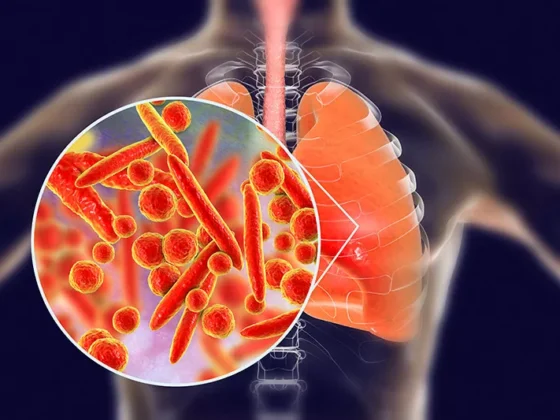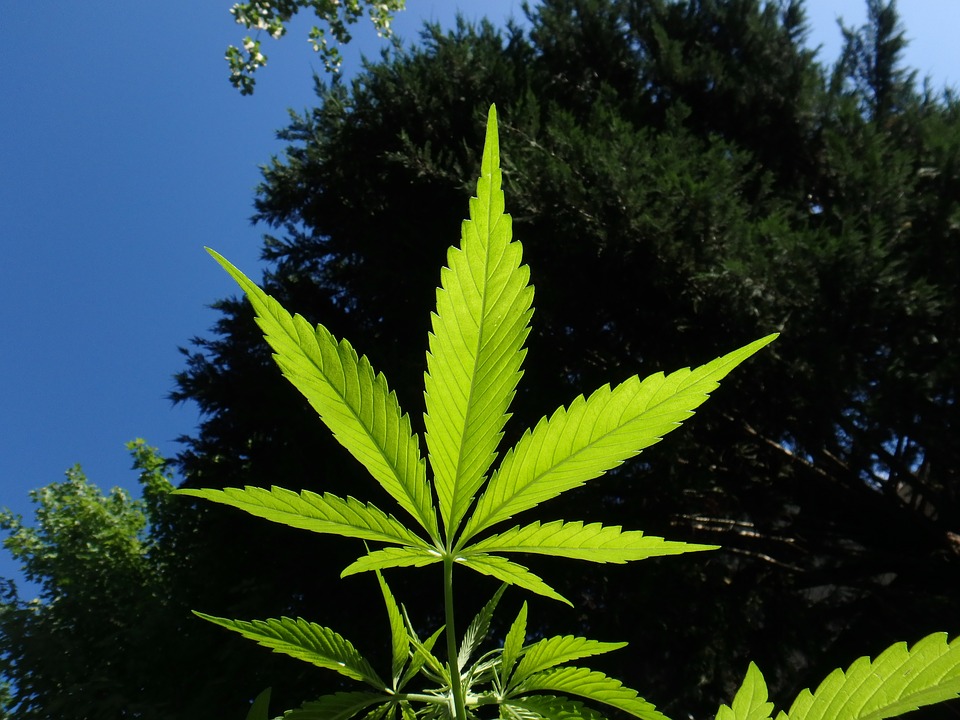New Delhi, 12 November 2024: Pneumonia is a serious infection that affects the lungs and can strike people of any age. It is mainly caused by bacteria, viruses, or fungi, leading to inflammation in the lungs’ air sacs. This inflammation can trigger symptoms like a cough, fever, chills, and trouble breathing. Grasping what pneumonia is all about is essential for proper treatment and management.
Why is it Important to Treat Pneumonia?
Treating pneumonia promptly is vital for several reasons. Firstly, if left untreated, pneumonia can lead to serious complications like respiratory failure or sepsis. Secondly, it can severely impact a person’s quality of life, leading to extended sickness and longer hospital stays. Besides, effective treatment helps curb the spread of infections, especially among at-risk individuals. Lastly, addressing pneumonia early can help lower healthcare costs associated with severe cases. Recognizing these factors highlights how crucial it is to tackle pneumonia head-on and quickly.
How Can Lifestyle Management Help?
Managing your lifestyle can make a significant difference in recovering from pneumonia. By adopting certain strategies, you can boost your recovery and improve lung health. This article will delve into various practical lifestyle management tips that you can implement at home to effectively fight pneumonia.
Effective Lifestyle Management Strategies
Stay Hydrated: One of the easiest and most effective ways to manage pneumonia at home is to stay hydrated. Drinking plenty of fluids—like water, herbal teas, and broths—helps thin the mucus in your lungs, making it easier to cough out. Staying hydrated also supports your overall body functions, aiding in your recovery.
Follow Healthy Diet Routine: Maintaining a balanced diet rich in essential vitamins and minerals is key to helping your immune system. Foods high in vitamin C, like citrus fruits, and zinc-rich items, such as nuts and seeds, can enhance your immune response. Adding anti-inflammatory foods, like turmeric and ginger, may also help lessen lung inflammation.
Rest and Sleep: Getting adequate rest and sleep is crucial for recovering from pneumonia. Your body needs energy to fight off infections, and sleep is a vital part of the healing journey. Aim for 7-9 hours of good quality sleep each night and consider short naps during the day if you feel tired. Creating a comfortable sleeping environment can greatly improve the quality of your rest.
Breathing Exercises: Incorporating breathing exercises can boost lung function and speed up your recovery from pneumonia. Techniques like diaphragmatic breathing and pursed-lip breathing can help increase oxygen intake and promote better lung expansion. Simple practices, like taking deep breaths and holding them for a few seconds, can also be quite beneficial.
Avoiding Irritants: It’s important to steer clear of irritants that may worsen lung inflammation. Things like smoking, secondhand smoke, and pollution can aggravate pneumonia symptoms. Improving your indoor air quality by using air purifiers and avoiding strong smells can help reduce irritants and support healthier lungs.
Regular Monitoring: Keeping an eye on your symptoms is essential for managing pneumonia effectively. Track factors such as fever, cough, and breathing issues, and consult a healthcare professional if you notice any worsening signs. Early intervention can help prevent complications and lead to a smoother recovery.
While lifestyle management can greatly assist in recovery, it’s vital to recognize when you need professional medical help. If your symptoms linger or worsen, don’t hesitate to seek medical advice. You may need prescription medications—like antibiotics or antivirals—to tackle the underlying infection.











